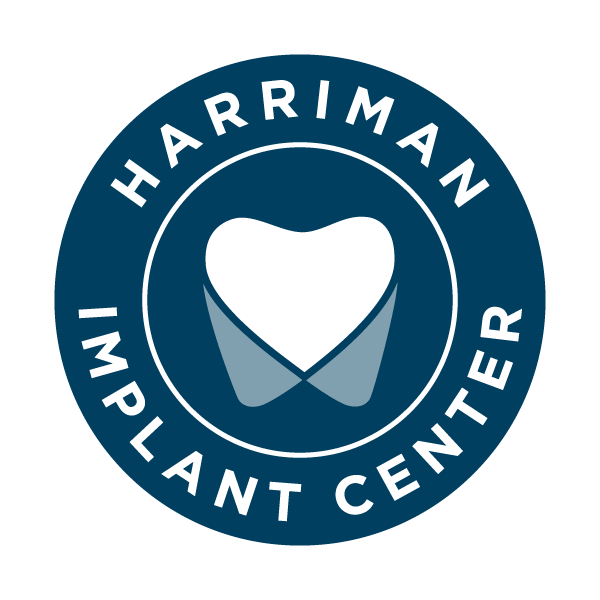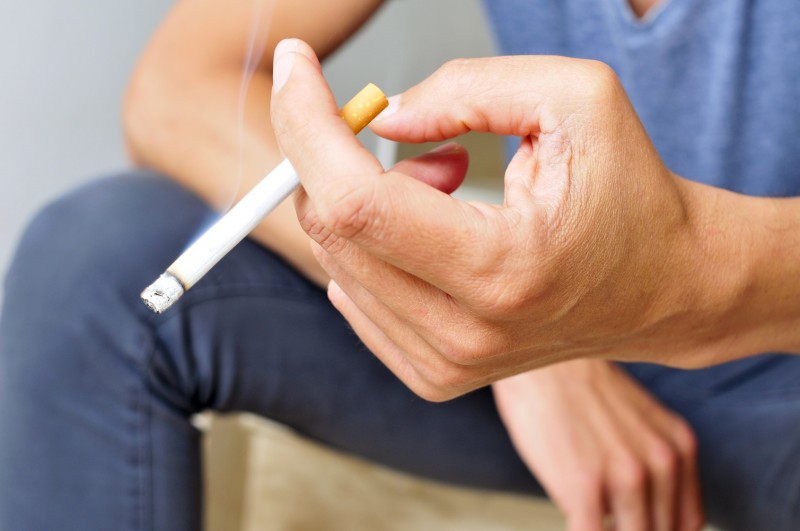If you are considering dental implants, one of the key questions we’ll ask in your consultation is whether you’re a smoker. If you are a smoker, you have to be aware that smoking can have negative impacts on your dental implants.
Understanding the effects can help you make a decision about whether implants are right for you and whether you should quit smoking.
Smoking and Gum Disease
Gum disease is the leading cause of tooth loss. It’s also the leading cause of dental implant failure. Smoking increases your risk of gum disease.
Your body has several mechanisms to defend against gum disease, and smoking impacts them all. Saliva is your body’s natural antibiotic rinse. But when you smoke, you produce less saliva. Smoking also reduces the blood supply to your gums and it can hamper your immune response.
Overall, smokers have twice the risk of gum disease compared to nonsmokers. The risk increases as you smoke more cigarettes, and the longer you smoke. In addition, cigarette smoking may make gum disease treatment less effective. And smokers are about 2.5 times as likely to lose teeth as nonsmokers.
So if you’re a smoker, you’re more likely to develop gum disease. And it’s likely that the gum disease will increase your risk of dental implant failure. Depending on the study, research shows smoking may increase long-term risks for failure by a factor of 10 or more.
Smoking and Bone Healing
Another impact of smoking is on your bones. Smoking affects the production of many hormones in the body, including estrogen, which helps your bones hold calcium. Smoking also increases the levels of stress hormones in the body, which can damage bones.
Nicotine in cigarettes can kill osteoblasts, the cells that build bone. And like your gums, your bones are impacted by the reduced blood supply that smokers experience.
Smokers are twice as likely as nonsmokers to fracture a bone. And they have a harder time healing. This makes it hard for your body to heal the bone around dental implants. People who smoke are more likely to have dental implants that fail to integrate.
But It’s Not Hopeless
Despite the increased risks, it is still possible for smokers to get good results with dental implants. It’s just less certain.
For example, a recent study looked at the impact of smoking on bone healing. It found that dental implants in smokers healed more slowly, but they eventually stabilized. In fact, none of the dental implants failed during the study follow-up, which was only one year (but half of all implant failures occur in the first year).
If you are a smoker who is considering dental implants in Harriman, we encourage you to talk to a dentist. Please call 845-783-6466 today for an appointment at Harriman Family Dental, and we can give you the information you need to make an informed decision.



